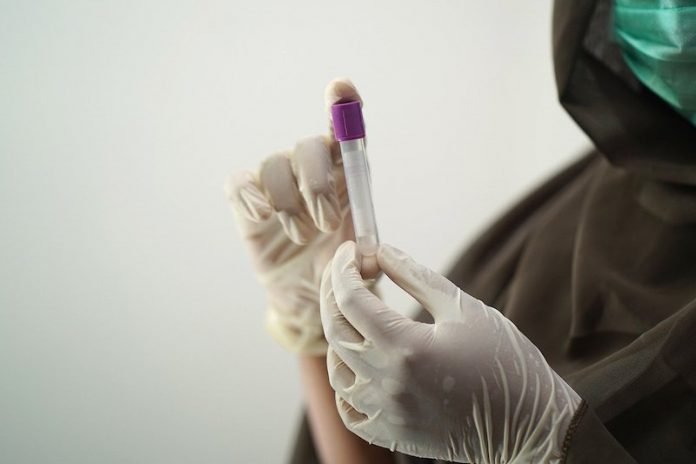
COVID-19 infections tend to be more severe among older adults and males, yet the mechanisms underlying increased mortality in these two demographics are unknown.
In a recent study at the University of Washington, researchers found that varying immune responses to COVID-19 due to age and sex may depend on viral load and the time-course of infection.
The study is published in PLOS Biology. One author is Nicole Lieberman.
The outcomes of COVID-19 vary widely across different patient populations, despite the virus’s limited genetic diversity.
To better understand the mechanisms that drive the diverse responses of infected people (hosts) among different patient demographics, the team extracted and viral RNA from swabs collected from 430 COVID-19 positive cases and 54 negative controls.
The scientists then analyzed the hosts’ antiviral and immune responses.
They found that immune cell responses were not activated until after three days following the onset of infection, and that immune cell composition and function fluctuated with viral loads, in a way that suggested a dysfunctional antiviral response in men and the elderly.
The team says while these findings have important implications for the development of immunomodulatory treatments for SARS-CoV-2, additional studies are needed as swabs were taken from the nasopharynx.
Older people as well as men have suffered higher mortality rates since the onset of the COVID-19 pandemic and may indicate weaker immune responses underlying poor clinical outcomes.
According to the team, the findings show that host responses to COVID-19 are dependent on viral load and infection time with observed differences due to age and sex that may contribute to disease severity.
Copyright © 2020 Knowridge Science Report. All rights reserved.



